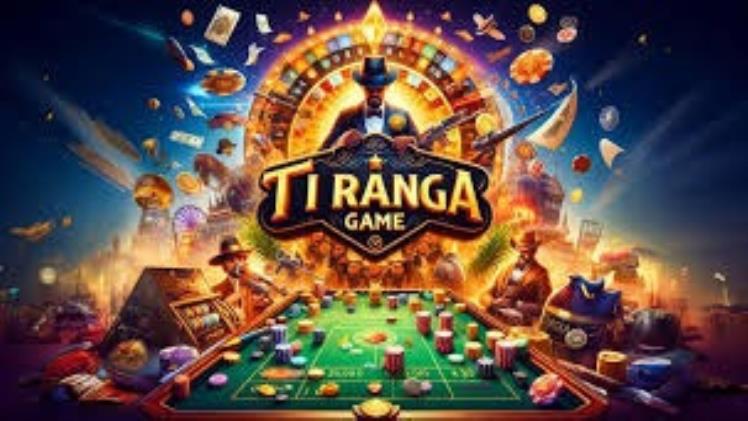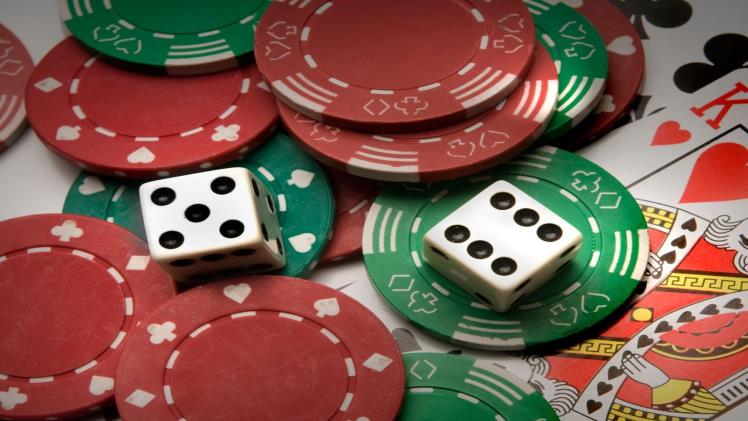Which dice games provide the best cognitive development benefits?
Dice games enhance mathematical reasoning, probability assessment, and strategic thinking through interactive gameplay experiences. Unlike passive entertainment, well-designed dice games challenge players to process complex information and make strategic decisions under uncertainty. Educational research shows regular dice gaming improves numerical fluency and logical reasoning across all ages. best bitcoin dice combine traditional cognitive benefits with advanced analytics and real-time feedback systems.
Mathematical reasoning enhancement
Dice games provide exceptional mathematical skill development through constant probability calculations, statistical analysis, and numerical processing requirements that strengthen foundational math abilities. Players naturally develop stronger number sense through repeated exposure to mathematical concepts embedded within entertaining gameplay mechanics rather than abstract classroom instruction. Probability calculation becomes intuitive through repeated dice gaming experiences where players must assess the likelihood of various outcomes before making betting decisions.
Fraction and percentage comprehension improve dramatically as players learn to express probabilities in different mathematical formats while comparing odds across various betting scenarios. The best Bitcoin dice platforms display probability information in multiple formats, helping players develop mathematical flexibility through exposure to different numerical representations of identical concepts. Statistical pattern recognition develops naturally as players track outcomes over extended gaming sessions, learning to distinguish between random variation and meaningful trends through hands-on data analysis.
Strategic thinking development
Complex dice games requiring multi-step planning and resource management provide excellent strategic thinking development through decision-making scenarios that mirror real-world problem-solving challenges. Players learn to evaluate multiple variables simultaneously while considering their strategic choices’ immediate and long-term consequences.
- Pattern recognition skills – Advanced dice games require players to identify subtle patterns in randomness while learning to distinguish between meaningful trends and statistical noise through systematic observation and analysis
- Resource allocation strategies – Complex dice games involving bankroll management teach players to balance competing priorities while making optimal resource distribution decisions under uncertainty and time pressure
- Adaptive planning abilities – Dynamic dice games requiring strategy modification based on changing circumstances develop cognitive flexibility and adaptive problem-solving capabilities essential for complex decision-making scenarios
- Multi-variable analysis – Sophisticated dice games involving multiple betting options and outcome possibilities strengthen players’ ability to process complex information while considering numerous factors simultaneously
Memory attention improvement
- Dice games demanding attention to multiple simultaneous factors strengthen working memory and concentration abilities through sustained cognitive engagement. Players must track various game elements, including current scores, probability calculations, opponent strategies, and personal resource levels while focusing on strategic objectives.
- Working memory capacity expands through dice games requiring players to hold multiple pieces of information in active memory while processing new data and making strategic decisions. This cognitive exercise strengthens mental capabilities that support academic performance, professional productivity, and daily problem-solving activities.
- Sustained attention skills improve through dice gaming sessions requiring extended focus on complex strategic considerations without external distractions. Players develop concentration abilities that transfer to academic study, professional tasks, and other activities requiring sustained mental effort and focus.
Dice games offer comprehensive cognitive development through mathematical enhancement, strategic thinking challenges, and memory improvement opportunities that traditional educational approaches cannot match. The combination of entertainment value and cognitive benefits creates engaging learning experiences that motivate continued participation while delivering measurable skill improvements across multiple intellectual domains.







